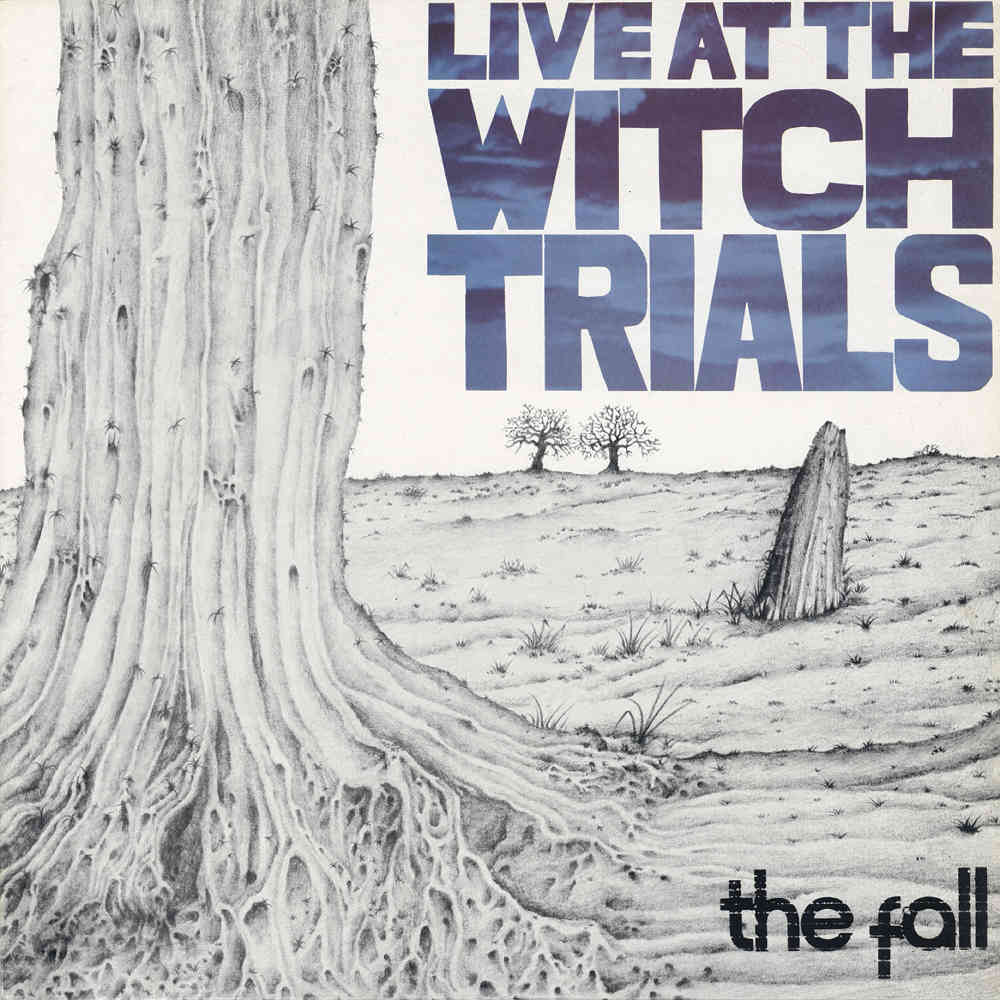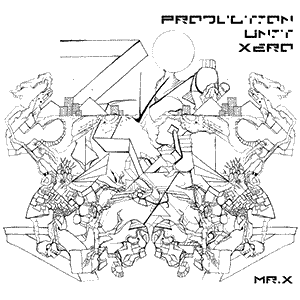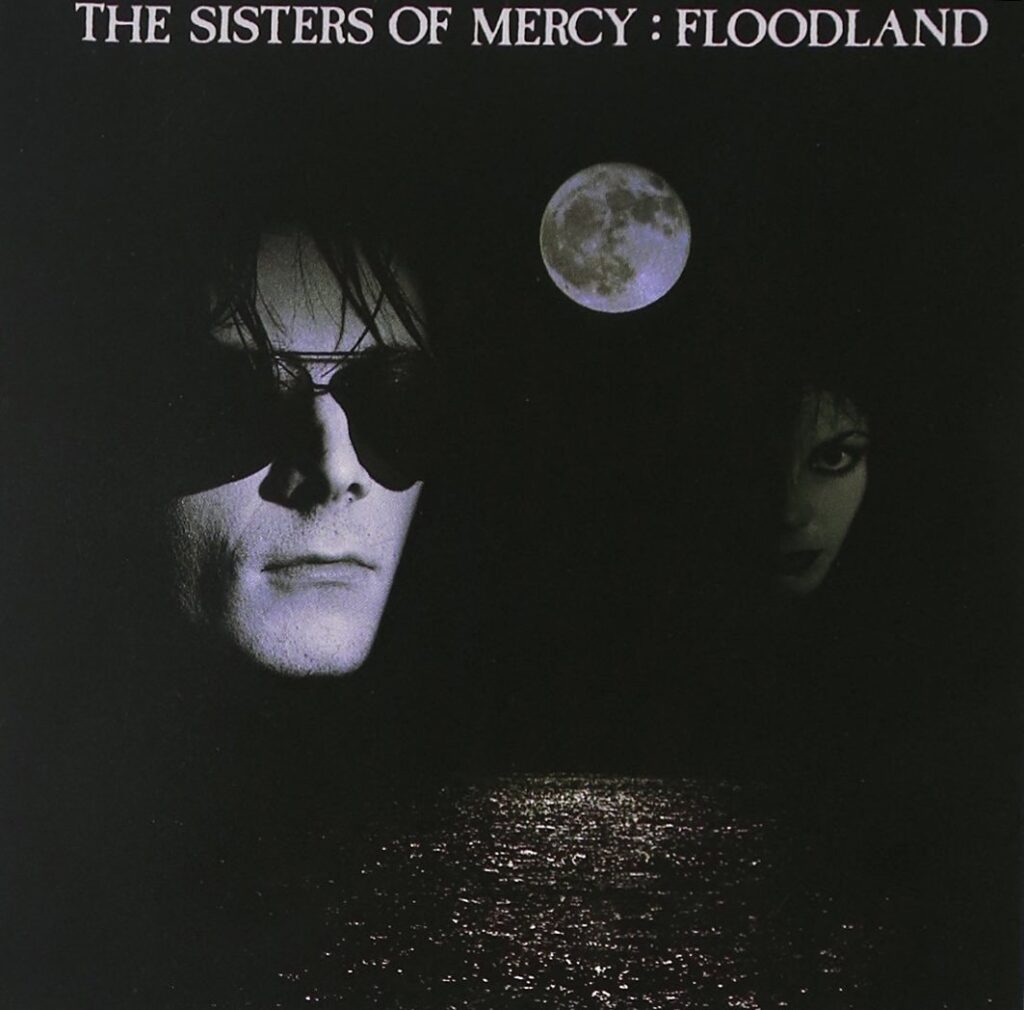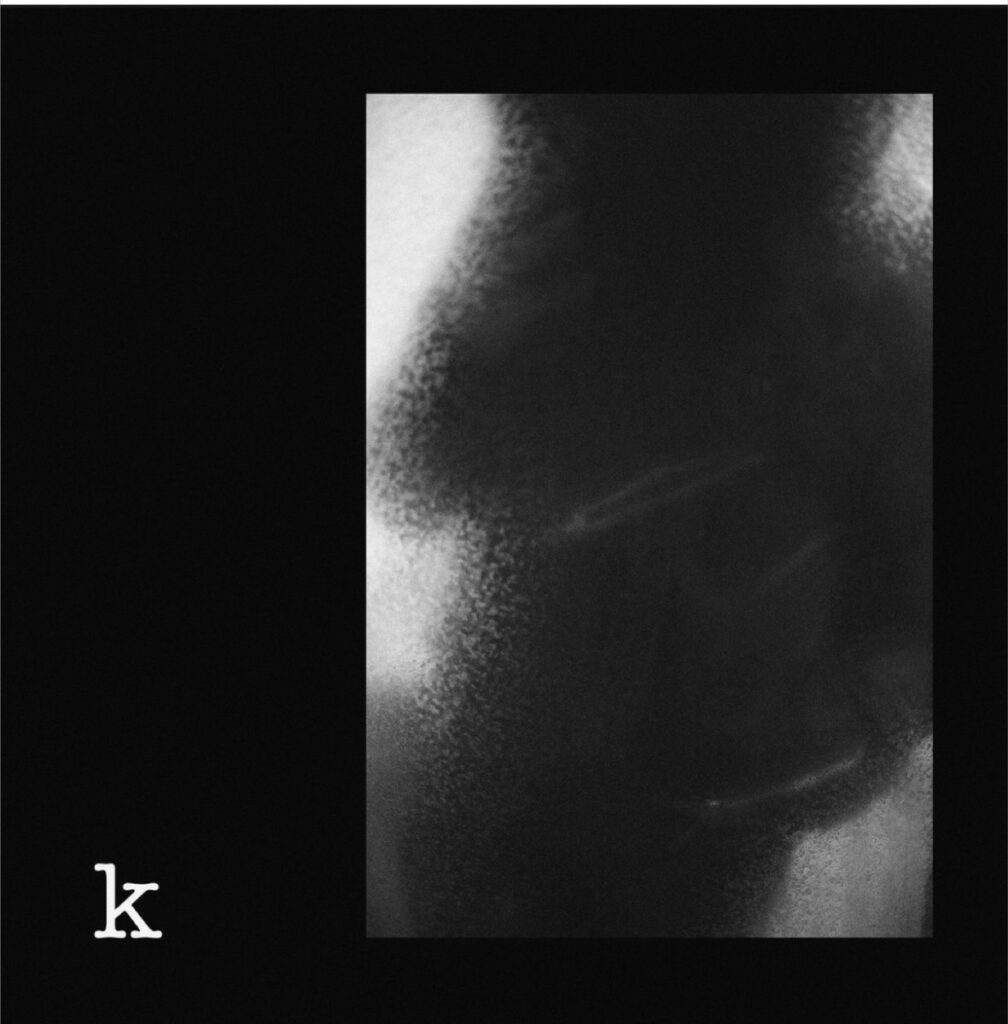The Fall – Live At The Witch Trials – Review
The Fall’s first full-length is a wonderful introduction to the wonderful and frightening world of Mark E. Smith.

Despite putting out over 30 LPs, 62 live albums, 16 EPs, and 57 singles in a little over 40 years, The Fall’s first proper album already possesses numerous signature aspects of the Northern English misanthropes. It boasts an extensive lineup change from the band’s inaugural EP, Bingo-Master’s Break-Out, released just seven months earlier, with Yvonne Pawlett taking over keyboard duties from Una Baines and Marc Riley holding down the low-end instead of Tony Friel. They’re already embracing psychedelia, in the glistening shards of Martin Bramah’s flanged guitar. They’re already embracing the power of repetition, especially with the inclusion of early single, “Repetition,” on the deluxe, expanded edition from Cherry Red. Smith’s paranoid ramblings and seedy characters feature a distinctly Northern English setting, full of council estates and council blocks, as on “Industrial Estate”; of sordid bingo halls, like on “Bingo-Master’s Break-Out”; or dingy drinking establishments, like on ”
Smith’s shouty polemics are already in evidence, as well, with a knack for catchy, anthemic slogans, which double as suitable mission statements as well as shrieking battle cries, like the opening lines of “Crap Rap 2/Like To Blow”:
“We are the Fall
Northern white crap that talks back
We are not black. Tall.
No boxes for us.
Do not fuck us.
We are frigid stars.
We were spitting, we were snapping “Cop Out, Cop Out!”
As if from heaven.”
“Crap Rap 2,” The Fall
No boxes, indeed. Live At The Witch Trials‘ RYM Page has the album tagged as ‘post-punk,’ ‘art punk,’ ‘punk rock,’ and even ‘gothic rock.’ Rather than being the result of over-eager taxonomists or genre purists, this range of genres says more about the state of post-punk in 1979 and the shadows lurking beneath The Fall’s sickly surface. Perhaps the presence of Pawlett’s busy, battery-powered organ qualifies as Gothic?
Before post-punk settled down into a cliché of trenchcoat-wearing anti-socialites, it was more of an open-ended ethos for expanding punk’s fury and DIY spirit beyond rock ‘n roll’s Chuck Berry obsession. Sonically, Live At The Witch Trials is one of the punkest documents The Fall ever recorded – it’s just rendered schizoid with its roller-rink organs, psychedelic FX and no-fi mix which, although clean, pushes everything to the front, all the time, making it sound like it was recorded on a flatbed tape-recorder shoved beneath a vinyl barstool.
Live At The Witch Trials is a fine entry from the post-punk class of 1979. Pawlett’s fall-on-your-face keyboards recall Magazine’s Secondhand Daylight, while the mind-scouring repetition and ferocious rhythm section bring to mind the dubby dread of Public Image Limited’s Metal Box. The presence of actual melody even conjures the conceptual art pop of Wire’s 154.
Some completists consider The Fall’s debut non-essential listening, even inferior to its follow-up, Dragnet, also released in 1979. I disagree. Not only is it interesting from a historical standpoint – it is their first album, after all – it’s also an essential window into a particularly wild, fertile period in underground music, when things could be fierce, uncompromising, challenging and smart. It’s a thrilling reminder of the power and potential of truly underground music.
Live At The Witch Trials grows on you like black mold. When you first hear the Beefheartian meanderings of “Repetition” or the gooey throb of album opener “Frightened,” it sounds like the most batshit thing ever etched on acetate. After a couple of run-throughs, especially if you’re listening to the gargantuan Cherry Red edition, you’ll be grooving, shouting, and spitting along. By the time you’ve realized it’s grown on you, it’s already too late. As Smith puts it on “Frightened,” “we’re better than them/we know we’re the best.” He may have been right, even from the start.
Want more classic post-punk? Follow J’s Post-Punk Classics playlist!




